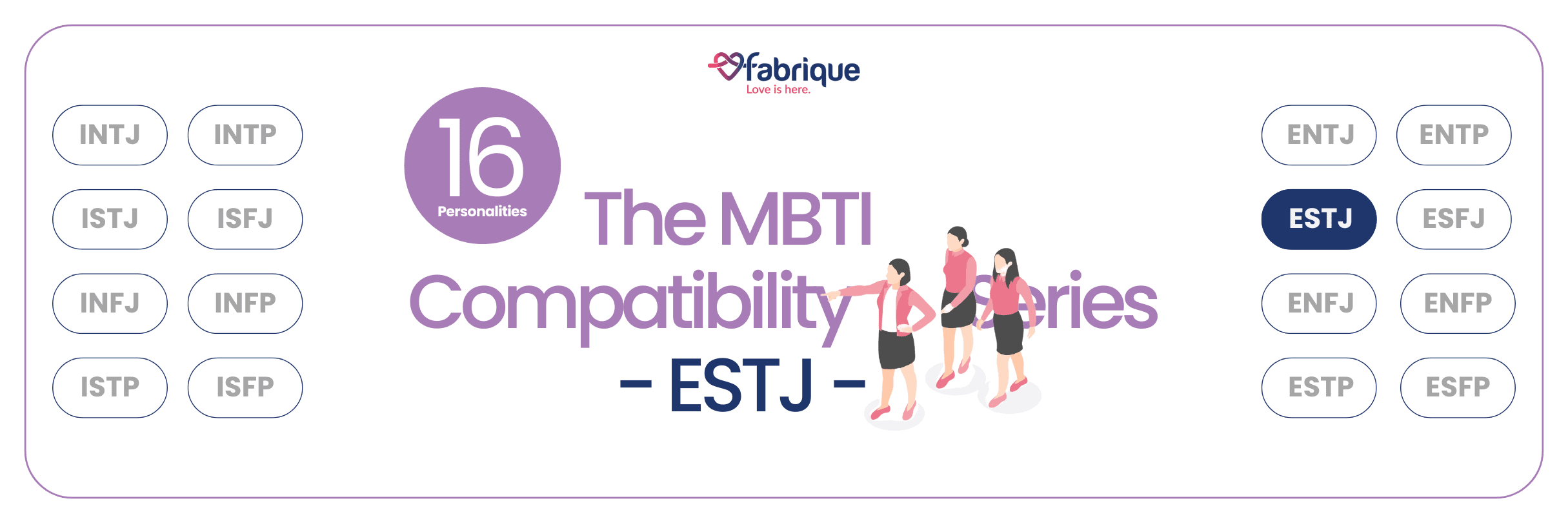
ESTJ: The Organized Partner
Individuals with the ESTJ personality type are known for their strong organizational skills and practical approach to life. In a relationship, an ESTJ partner is reliable, dependable, and always willing to take charge. They value structure and stability, and are often seen as the “rock” in their relationships.
Dating an ESTJ
Pros:
ESTJs are known for their strong sense of responsibility and commitment in relationships. They are dependable partners who will always follow through on their promises.
- ISTJs are great at organizing and planning, making them reliable partners in a relationship.
- They value tradition and loyalty, which can create a strong foundation for a long-term relationship.
- ESTJs are practical and efficient problem solvers, making them great at addressing conflicts in a relationship.
Cons:
However, there are some drawbacks to dating an ESTJ. They can be stubborn and inflexible, which can lead to disagreements in the relationship.
- Their strong opinions and need for control can sometimes come across as domineering to their partners.
- ESTJs may struggle to show vulnerability or express their emotions, which can create challenges in communication.
- They may prioritize their work or other responsibilities over their relationship, leading to feelings of neglect from their partner.
ESTJ Relationship Compatibility

Most Compatible Types:
- ISTJ: These two types share a strong sense of duty and responsibility, making them a great match in terms of practicality and reliability.
- ESFJ: Both types value tradition and loyalty, creating a stable and harmonious relationship built on shared values.
- ENTJ: ESTJs and ENTJs are both ambitious and goal-oriented, making them a power couple that can accomplish great things together.

Most Incompatible Types:
- INFP: ESTJs may struggle to understand the emotional depth and need for flexibility of an INFP, leading to potential conflicts in communication and decision-making.
- ISFP: These two types may clash due to differences in their approach to life, with ESTJs focusing on practicality and ISFPs valuing creativity and individuality.
- ENFP: ESTJs and ENFPs may find it challenging to reconcile their differing priorities and communication styles, potentially leading to misunderstandings and frustration.
What Makes ESTJs Happy in a Relationship
ESTJs thrive in relationships where there is clear communication, loyalty, and mutual respect. They appreciate partners who are reliable, organized, and goal-oriented. ESTJs are happiest when they feel supported in their ambitions and when their partner is willing to work together towards shared goals.
What Makes ESTJs Unhappy in a Relationship
On the flip side, ESTJs can become unhappy in relationships where there is a lack of structure, inconsistency, or dishonesty. They value honesty and integrity, and can feel frustrated if their partner does not share the same values.
While understanding MBTI compatibility can be helpful in navigating relationships, it’s important to remember that MBTI type is not everything. Ultimately, mutual understanding, hard work, and love are still the pillars of every successful relationship. By focusing on these aspects, ESTJs can create a fulfilling and long-lasting partnership.

